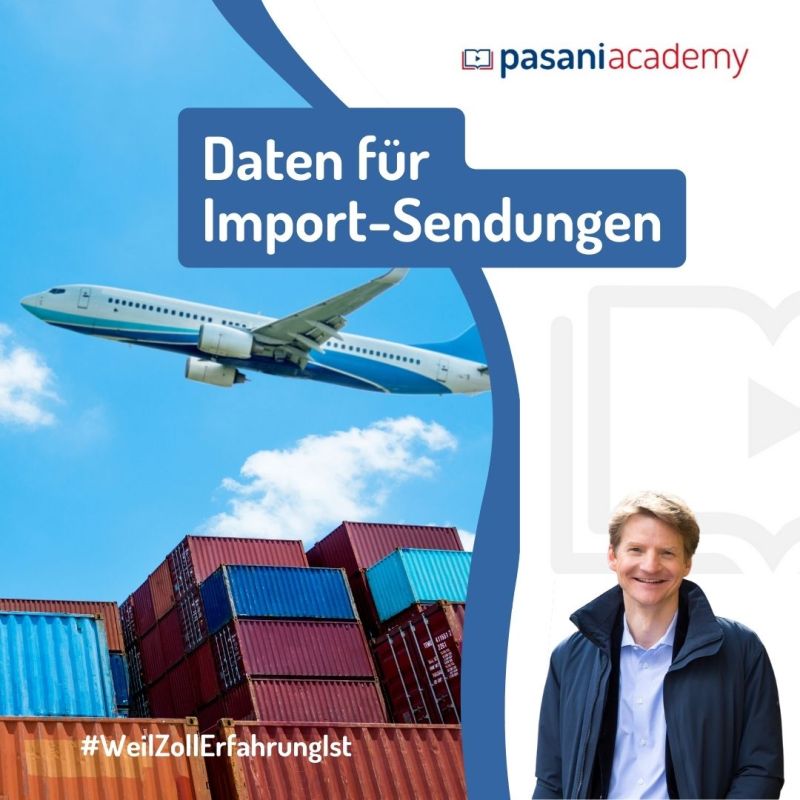Sie haben Fragen?
Error: Contact form not found.

In this post I would like to give you more information on the new requirements of air freight forwarders and express courier services regarding the transmission of the 6-digit HS code and the EORI number of the consignee.
The background to this requirement is the Import Control System 2 (ICS2) created by the EU, which comes into force in various stages. An Entry Summary Declaration (ENS) must already be submitted for every import consignment destined for the EU. In Germany, this is also known as the ESumA (entry summary declaration).
From 1 March 2023, the extended ICS2 data ring for the ENS/ESumA must be used for air freight consignments, which now also includes the 6-digit HS code and the EORI number of the consignee. Some carriers are therefore already asking companies to submit this data.
Who has to provide the data
The ENS/ESumA must be submitted by the carrier, i.e. the air carrier/air freight forwarder. However, the carrier is dependent on the data of the consignor or consignee for certain information.
While the 6-digit HS code could generally also be provided by the sender, the recipient’s EORI number can of course only be transmitted by the recipient.
I consider the requirement for the EORI in the ENS/ESumA to be problematic. Many importers do not hand over their EORI to the freight forwarders, as this information can be used to submit an import customs declaration without a power of attorney having been issued. This has already led to problems for all parties involved on several occasions in the past.
In my opinion, the customs administration is required to map the issuing of a power of attorney electronically in order to better prevent misuse. If the administration requests certain sensitive data from an economic operator, it is also responsible for ensuring that it cannot be misused.
Error: Contact form not found.